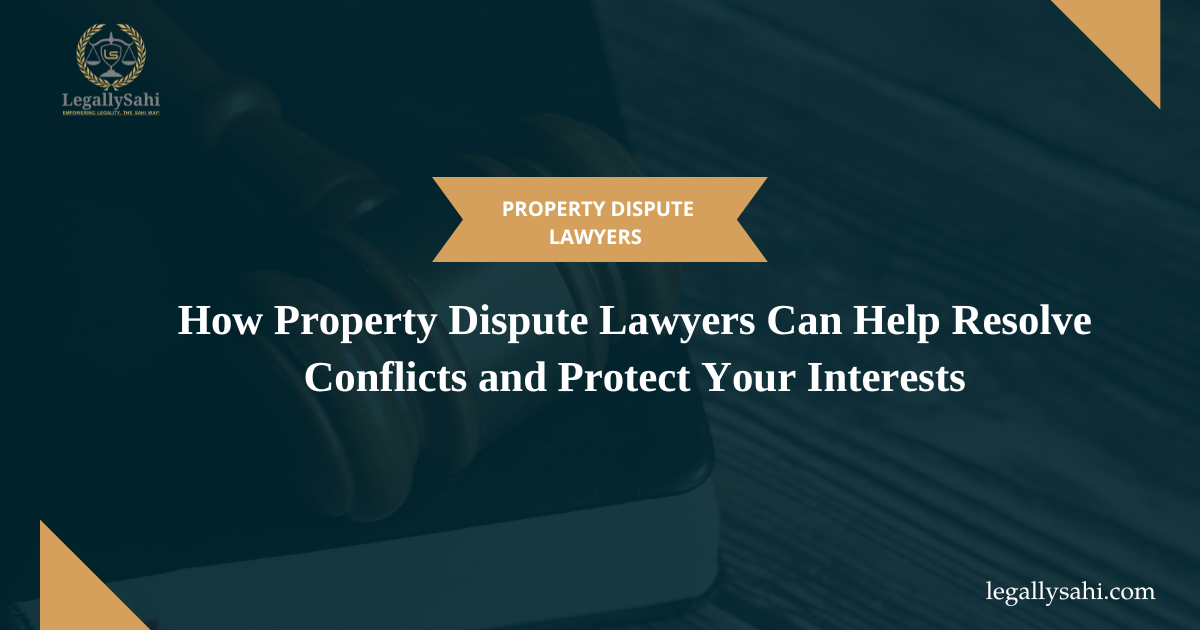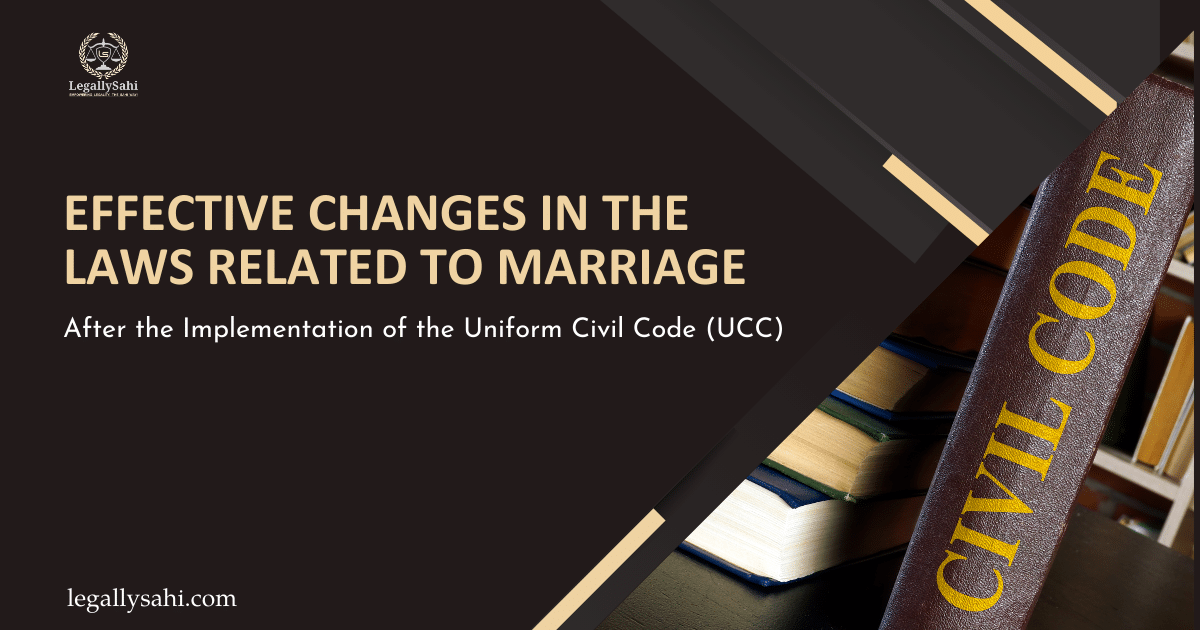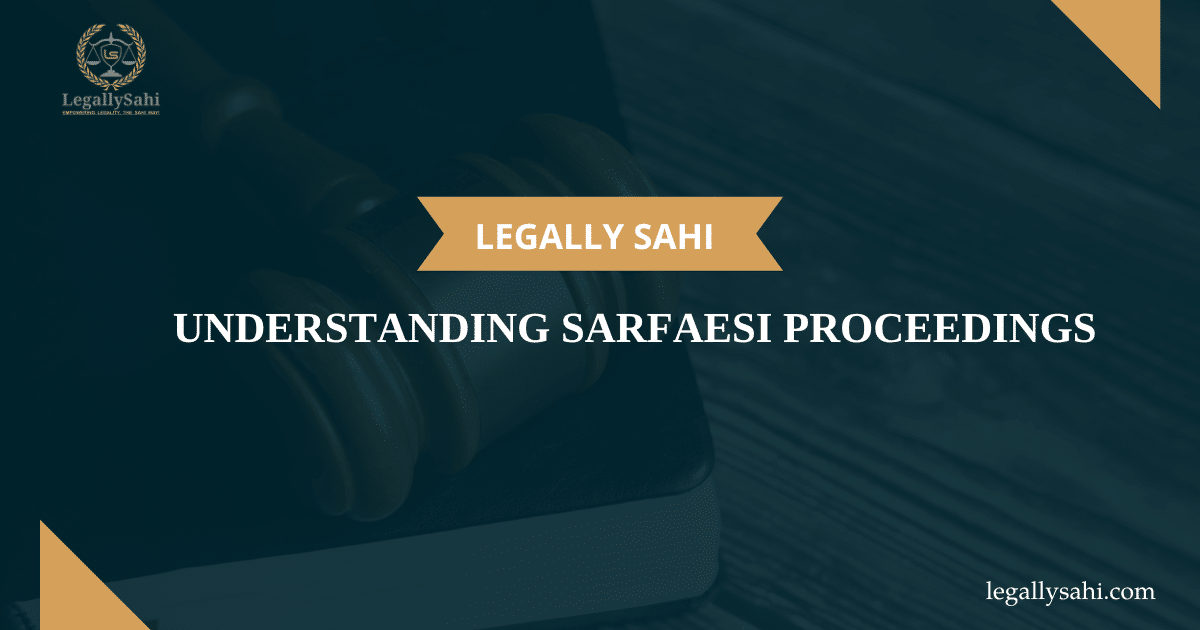Property disputes can be incredibly stressful and complex, often involving significant financial stakes and personal relationships. Whether you’re dealing with a boundary disagreement, a landlord-tenant conflict, or an inheritance issue, navigating the legal landscape can be daunting. This is where a property dispute lawyerscan make a substantial difference. In this comprehensive guide, we will explore how property dispute lawyer can help resolve conflicts and protect your interests, delving into various aspects of their role, the types of disputes they handle, and how to choose the right lawyer for your needs.
Understanding the Role of Property Dispute Lawyer
A property dispute lawyers specializes in resolving conflicts related to real estate. These legal professionals possess deep knowledge of property laws and can offer invaluable guidance to ensure your interests are protected. Their expertise spans various areas, including residential, commercial, and industrial properties. Whether you’re an individual property owner, a landlord, a tenant, or a business owner, a property dispute lawyers can help you navigate through legal complexities and achieve a fair resolution.

Types of Property Disputes
Property disputes can arise in numerous contexts, each with its own unique challenges and legal considerations. Here are some common types of property disputes that a property dispute lawyer can help with:
1. Boundary Disputes
Disagreements over property boundaries are common and can lead to significant conflicts between neighbors. These disputes often require detailed analysis of property deeds, surveys, and historical records. A property dispute lawyer can help clarify the legal boundaries and mediate between parties to find an amicable solution.
2. Landlord-Tenant Disputes
Conflicts between landlords and tenants can involve issues such as lease agreements, eviction proceedings, rent disputes, and property maintenance. A real estate lawyer can represent either party, ensuring that their rights are protected and that the dispute is resolved in accordance with the law.
3. Inheritance Disputes
Property disputes can also arise during the distribution of an estate. These disputes can be particularly challenging due to the emotional and familial dynamics involved. A lawyer attorney can assist in mediating these disputes and ensuring that the property is distributed fairly according to the deceased’s wishes or the law.
4. Contractual Disputes
Disputes over property transactions, such as breaches of contract, fraud, or misrepresentation, require careful legal scrutiny. A lawyer can help resolve these issues by examining the contractual obligations and representing their client’s interests in negotiations or court.
5. Adverse Possession
This is a legal doctrine that allows a person to claim ownership of land under certain conditions, such as continuous and hostile possession for a specific period. A lawyer can assist in asserting or defending against claims of adverse possession.

Key Ways Property Dispute Lawyer Can Assist You
1. Expert Legal Advice
When embroiled in a property dispute, having access to expert legal advice online is crucial. Lawyers can provide insights into your legal standing and the best course of action. They can help you understand the nuances of property law and how it applies to your specific situation.
2. Negotiation and Mediation
Often, disputes can be resolved without going to court. A advocate can facilitate negotiations and mediate between parties to reach a mutually acceptable solution. This approach can save time, reduce costs, and preserve relationships. Effective mediation requires a lawyer with strong communication skills and a deep understanding of the law and the parties’ interests.
3. Representation in Court
If negotiations fail, having a skilled court lawyer by your side is essential. A lawyer can represent your case, ensuring your rights are upheld and striving for a favorable outcome. They will prepare all necessary documents, present evidence, and argue on your behalf in court.
4. Drafting and Reviewing Documents
Property disputes often involve complex legal documents. A lawyer can draft and review contracts, agreements, and deeds, ensuring they are legally sound and protect your interests. This is particularly important in property transactions, where the wording of a contract can have significant implications.
5. Protecting Your Investments
For business owners, a lawyer can help safeguard your real estate investments, ensuring compliance with local laws and mitigating potential risks. They can provide ongoing legal counsel to help you navigate issues related to zoning, land use, and property development.
The Process of Resolving Property Disputes
Resolving a property dispute typically involves several stages, each requiring careful legal consideration and strategic decision-making. Here is an overview of the process:
1. Initial Consultation
The process begins with an initial consultation with a property dispute lawyer. During this meeting, you will discuss the details of your case, provide relevant documents, and receive preliminary legal advice. Many law offices offer free initial consultations, making it easier to seek professional guidance without financial commitment.
2. Investigation and Research
After the initial consultation, the lawyer will conduct a thorough investigation of the dispute. This may involve reviewing property records, contracts, correspondence, and other relevant documents. They may also consult with experts, such as surveyors or appraisers, to gather additional evidence.
3. Legal Strategy Development
Based on the investigation’s findings, the lawyer will develop a legal strategy tailored to your case. This strategy will outline the steps needed to resolve the dispute, whether through negotiation, mediation, or litigation.
4. Negotiation and Mediation
Before resorting to litigation, your lawyer will attempt to negotiate a settlement with the other party. If both parties are willing, mediation may be used to facilitate a resolution. During mediation, a neutral third party helps the parties reach an agreement. This process can be less adversarial and more cost-effective than going to court.
5. Litigation
If negotiations and mediation fail, the dispute may proceed to litigation. Your lawyer will file the necessary legal documents to initiate the lawsuit and represent you throughout the court proceedings. This includes presenting evidence, cross-examining witnesses, and making legal arguments before a judge or jury.
6. Resolution and Enforcement
Once the court renders a decision, your lawyer will help you understand the judgment and its implications. If the decision is in your favor, they will assist in enforcing the judgment, ensuring that the other party complies with the court’s orders.
Finding the Right Lawyer for Your Needs
Choosing the right lawyer can significantly impact the outcome of your property dispute. Here are some tips to find the indian best advocate
1. Experience and Expertise
Look for a lawyer with specific experience in property disputes. Real estate lawyers have the specialized knowledge needed to handle such cases effectively. Check their track record and ask about their success rate in similar cases.
2. Reputation
Check reviews and ask for recommendations to find reputable law firms. A well-regarded law firm can offer a range of services, from criminal defense lawyers to family law attorneys. Online reviews, client testimonials, and professional ratings can provide insights into a lawyer’s reputation.
3. Accessibility
It’s important to choose a lawyer who is accessible and responsive. Consider lawyers near you for convenience and ease of communication. A lawyer who promptly returns calls and emails can help reduce the stress and uncertainty of the legal process.
4. Free Consultations
Many law offices offer free initial consultations. This can be a good opportunity to discuss your case and determine if the lawyer is a good fit for you. Use this meeting to ask questions about their experience, approach, and fees.
5. Personal Compatibility
Trust and communication are crucial in a lawyer-client relationship. Choose a lawyer you feel comfortable with and who understands your goals and concerns. A good lawyer should listen to you, explain complex legal concepts in plain language, and provide clear guidance.
Online Resources and Services
In today’s digital age, legal services are more accessible than ever. You can now get legal advice online and even have an online lawyer consultation from the comfort of your home. Here are some online services you might find helpful:
1. Free Legal Advice Online
Many lawyer firms Websites offering free lawyer advice online can provide preliminary guidance on your case. These platforms connect you with qualified lawyers who can answer your questions and help you understand your legal options.
2. Legal Law Firm Websites
Many law firms have detailed websites where you can learn about their services and read client testimonials. These websites often include valuable resources, such as articles, FAQs, and legal guides, that can help you better understand your situation.
3. Online Lawyer Directories
These directories list various legal professionals, including family law lawyers , criminal defense lawyers , and more, making it easier to find the right lawyer for your needs. You can search by location, practice area, and other criteria to find a lawyer who meets your specific requirements.
Additional Considerations in Property Disputes
Beyond the basic steps and considerations, there are additional factors to keep in mind when dealing with property disputes:
1. Local Laws and Regulations
Property laws can vary significantly by jurisdiction. A lawyer familiar with local laws and regulations will be better equipped to handle your case. They will understand the specific legal requirements and procedures in your area, ensuring that your case is handled correctly.
2. Alternative Dispute Resolution (ADR)
In addition to negotiation and mediation, other forms of ADR, such as arbitration, can be effective in resolving property disputes. Arbitration involves a neutral third party who makes a binding decision after hearing both sides. ADR can be a quicker and more cost-effective alternative to traditional litigation.
3. Financial Implications
Property disputes can have significant financial implications
Conclusion
Property disputes can be daunting, but with the right legal support, you can manage these challenges effectively. A skilled property dispute lawyer can provide invaluable legal advice, negotiate settlements, and represent you in court if necessary.
Choosing the right lawyer—one with relevant experience, a solid reputation, and good communication skills—can significantly impact the outcome of your dispute. Utilize online resources like legal advice online and free online advice from a lawyer for convenient access to legal assistance.
By engaging a knowledgeable property dispute lawyers, you can protect your interests, resolve conflicts efficiently, and safeguard your property investments. Don’t hesitate to seek professional help to ensure your rights are upheld and achieve a fair resolution.
If you need any legal assistance, Legally Sahi is always here to help. Contact us today for expert guidance and support with your property disputes and other legal matters.






